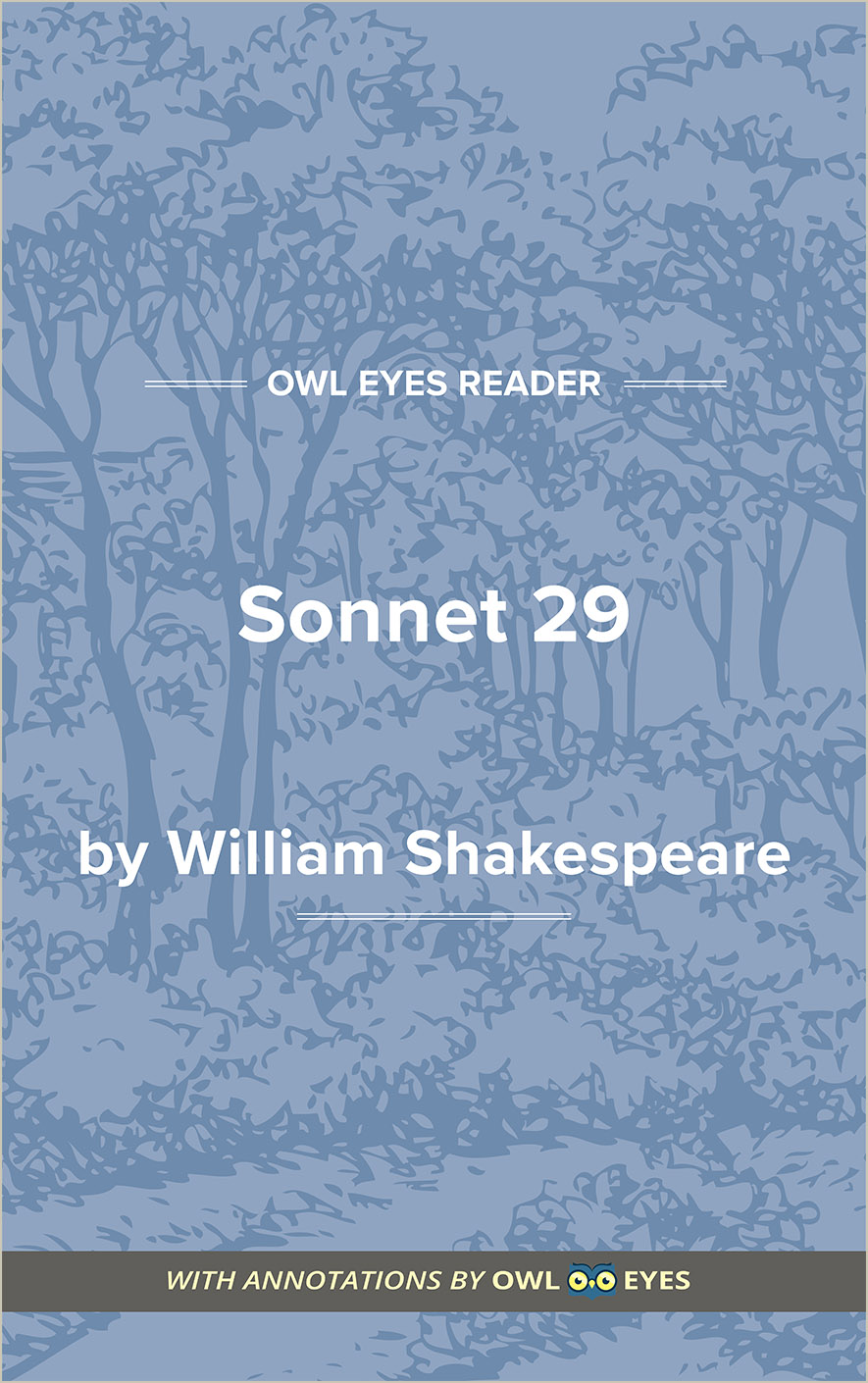The speaker’s shift in perspective, raising his love to the highest value, finds a parallel in the poem’s rhyme scheme. In the third quatrain, the first and third line end with “despising” and “arising.” These words form a feminine—or multisyllabic—rhyme in which the “-ing” syllables go unstressed. The final couplet also uses the “-ing” syllable for its end rhyme, but with a major difference. Each syllable lands on its line’s final stress, resulting in a powerful, conclusive tone. The manner in which one sound — “-ing” — can be reframed and thus empowered mirrors the manner in which the speaker reframes his love for the youth to empower his own mental and emotional state.

